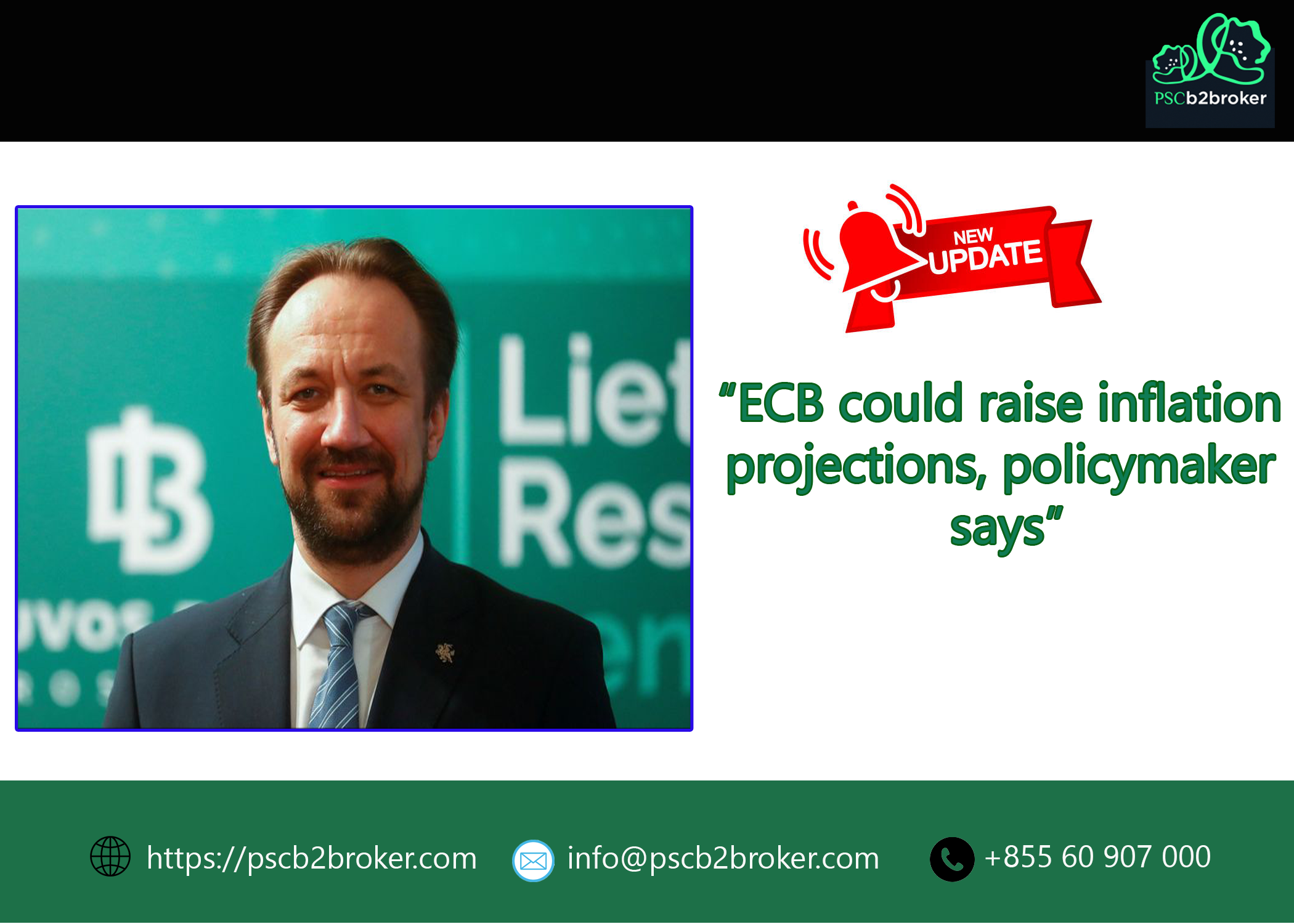HPK
Plummeting Electricity Prices Challenge Riksbank's Inflation Projections

Plummeting Electricity Prices Challenge Riksbank's Inflation Projections
Plummeting electricity prices in Sweden are challenging the Riksbank's inflation projections and raising questions about the central bank's monetary policy stance. In its latest Monetary Policy Report, the Riksbank downgraded its inflation forecast for 2023 to 2.8%, from 3.1% previously, citing the impact of lower energy prices. However, analysts believe that the central bank may need to adjust its stance further if electricity prices continue to fall.
Factors Driving Electricity Price Plunge
The recent plunge in electricity prices is primarily due to several factors:
- Mild weather conditions: Unseasonably warm weather in Europe has reduced demand for electricity used for heating, leading to lower prices.
- Increased renewable energy production: Higher wind and solar power generation has also contributed to lower prices, as these sources are often cheaper than fossil fuels.
- Full hydroelectric reservoirs: Abundant rainfall has led to full hydroelectric reservoirs, providing a reliable and cheap source of electricity.
Impact on Inflation Projections
The fall in electricity prices has a significant impact on the Riksbank's inflation projections. Lower electricity costs reduce the overall cost of goods and services, putting downward pressure on inflation. The Riksbank now estimates that inflation will average 2.8% in 2023, below its target of 2%. This could potentially lead to a reassessment of the bank's monetary policy stance.
Policy Dilemma for Riksbank
The Riksbank is facing a policy dilemma as lower electricity prices challenge its inflation projections. The central bank has been raising interest rates to curb inflation, but falling electricity costs may require a more nuanced approach. If electricity prices continue to decline, the Riksbank may need to pause or slow down its rate hike cycle.
However, the Riksbank also needs to consider the potential risks of inflation remaining above target. A more accommodative monetary policy stance could lead to higher inflation expectations and make it more difficult to bring inflation back to target in the future.
Perspectives on Riksbank's Stance
Analysts have varying views on how the Riksbank should respond to the decline in electricity prices.
Hawks: Some analysts argue that the Riksbank should maintain its focus on inflation and continue raising interest rates. They warn that lower electricity prices may be temporary and that underlying inflationary pressures remain strong.
Doves: Others believe that the Riksbank should pause its rate hike cycle and allow the full impact of lower electricity prices to feed into the economy. They argue that a more accommodative stance will support growth and reduce the risk of a sharp economic slowdown.
Conclusion
Plummeting electricity prices in Sweden present a challenge for the Riksbank's inflation projections and monetary policy stance. The central bank will need to carefully weigh the risks of undershooting its inflation target against the potential benefits of supporting economic growth. The Riksbank's next monetary policy decision, scheduled for February 9, will be closely watched to see how it plans to navigate this uncertain environment.
The broader implications of this case extend beyond Sweden. Central banks worldwide are facing similar challenges as energy prices fluctuate and inflation expectations remain elevated. The Riksbank's response to this situation will be closely monitored as a potential model for how other central banks can manage similar challenges in the future.